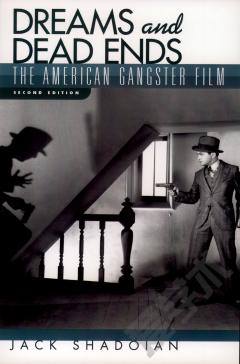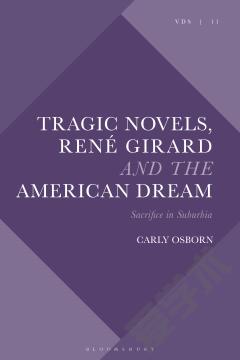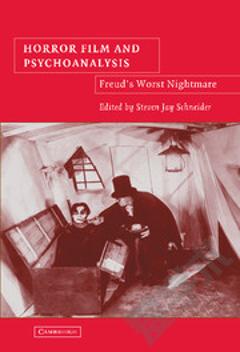Dreams For Dead Bodies: Blackness, Labor, And The Corpus Of American Detective Fiction
Dreams for dead bodies traces the lineage of the genre of detective fiction back to unexpected texts: experimental works on the margins of what we recognize as classical detective fiction today. It shows that authors like edgar allan poe, mark twain, pauline hopkins, and rudolph fisher drew on detective fiction's puzzle-elements to wrestle with complicated questions about race and labor in the united states, such that the emergence of detective fiction is itself bound to a history of interracial conflicts and labor struggles. Unlike previous studies, this book foregrounds an interracial genealogy of detective fiction, building a nuanced picture of the ways that both black and white american authors appropriated and cultivated literary conventions that at the turn of the 20th-century finally coalesced in a recognizable genre. These authors tinkered with detective fiction's puzzle-elements to address a variety of historical contexts, including the exigencies of chattel slavery, the erosion of working-class solidarities by racial and ethnic competition, and accelerated mass production.
{{comment.content}}








 京公网安备 11010802027623号
京公网安备 11010802027623号